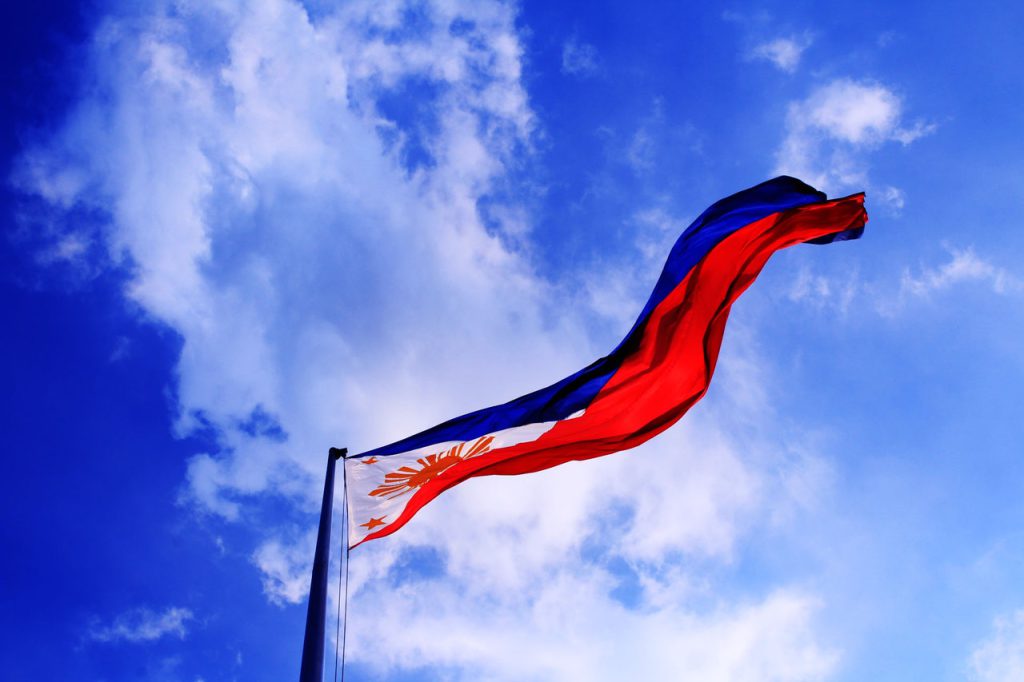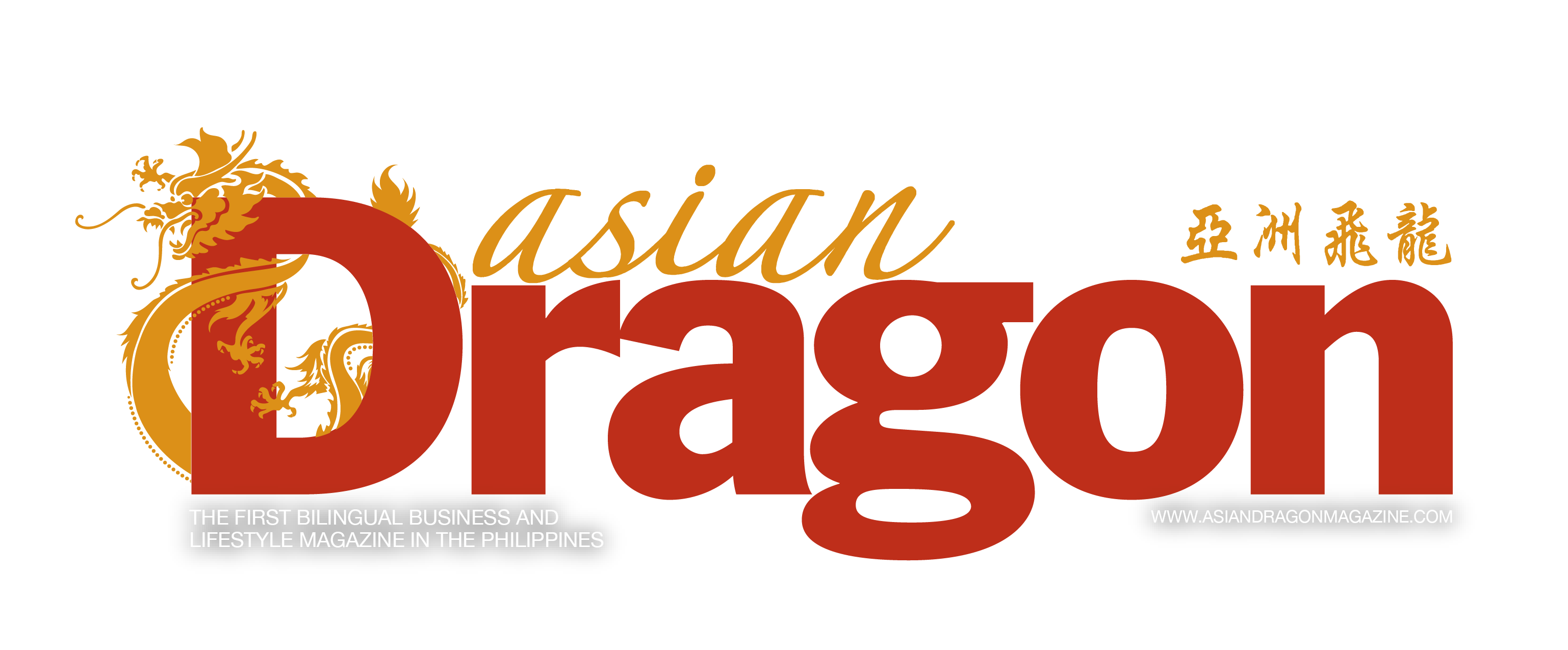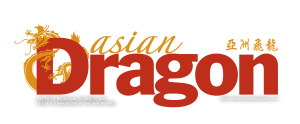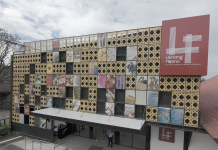
There’s nothing like a crisis to expose the fragilities of a system. As a country, we’ve had an unfair share of preventable sub-crises along with the actual COVID-19 pandemic: missed chances, unnecessary economic losses, and lives wasted.
Little can be done now, except to play catch-up and cut our losses. Hopefully, this is the wake-up call that will finally shake us into a better frame of mind, because crises will come again. Unless the world stops rolling down the slippery slope into unsustainability, pandemics, natural disasters, and economic crises will soon be the new norm. Effort must be put into averting disasters within our control, but at this point, more must be poured into designing systems of resilience and “proactiveness.” We can’t go on merely reacting to problems when they’re already at our doorstep.
Here are some painful lessons that need to be etched into our national memory—ones that we can use to shape policy and society in the years to come. May we never forget.
Elect a government of foresight, not myopia
The Band-Aid approach is a weak response. It can’t be emphasized enough—we need to be proactive instead of reactive. And then we must take steps to not just ensure present survival, but future thriving, as well.
Weeks before the lockdown, experts and entrepreneurs alike—people who make a living out of crystal-balling the future—were already urging the government to take steps against the pandemic. Doctors and public health practitioners in provincial hospitals were asking the Department of Health to help equip them for the coming onslaught; businessmen were scouring countries like South Korea for testing kits. Their cries fell on deaf—or maybe complacent—ears, and the country’s health system was caught flat-footed when the worst finally happened.
We can hope that our elected leaders learn from this, but better yet, we can resolve to elect leaders who already possess the foresight and strategic thinking needed to navigate a nation through a national crisis. No more myopic leadership. The blind can no longer lead awoken citizens.
Allocate resources efficiently
“How long should the lockdown be?” is the wrong question. Rather, efforts should have focused on answering, “What can we do to shorten the lockdown?” Keeping everyone off the streets is a short-term solution. The economy cannot be left in limbo for too long; the wheels of productivity need to turn in order to keep our country running, and our citizens thriving.
This is most evident in resource allocation. Rather than putting money into survival packs for every citizen (unsustainable in the least), funding massive testing drives is better use for our precious taxpayers’ money. It worked in Korea, preventing a crippling lockdown in what for a time was the epicenter of the Asian epidemic. It worked in Taiwan, in New Zealand, and many others in the region.
We’re finally undergoing “progressive” testing, a sign of progress. But had we focused on this earlier, we might have been in a better position to lift the lockdown and begin rebuilding our economy earlier.
National interest over self-interest
The COVID-19 pandemic exposed the true colors of many—from politicians to celebrities, and even our own friends and families. Heroes emerged; many were willing to do their part to curb the crisis at great personal risk, and some even sacrificed their lives in the process. Villains also surfaced—those who put their self-interest over the safety of the majority. There were business opportunists preying on buyers’ desperation, deceitful politicians violating their own policies, and power-playing police officers arresting the wrong people.
Again, we might deserve the leaders and society we have today, but hopefully we give power to forces for good in the future.
Bayanihan and collaboration
Citizen efforts have played a massive role in filling the gaps in public service throughout the COVID-19 crisis. Self-organized groups harnessed the power of the internet and social networks to provide front-liners with food and protective equipment, and daily wage earners with survival packs.
May their successes be a lasting reminder that we can be the change we want to see in the world. We can never again underestimate the power of bayanihan in times of need, and should work to formalize these channels of positive change in preparation for future crises.
Build trust with transparency
Countries that curbed the crisis earlier were able to do so because their citizens had full trust in their government. It is this trust that builds cooperation, but trust can only be secured with full transparency.
It’s time to hold leaders accountable for their actions (and inaction), and to demand transparency in exchange for our support and cooperation. The pandemic has tested countries all over the globe. Responses have been positive or negative, and there is a lot of praise and criticism to go around. In the end, it doesn’t matter what we think about the way things were handled—that’s in the past. What matters is the future, and what we can do to ensure that the next time disaster strikes, we will have the necessary channels, resources and leadership needed to weather the storms.






































